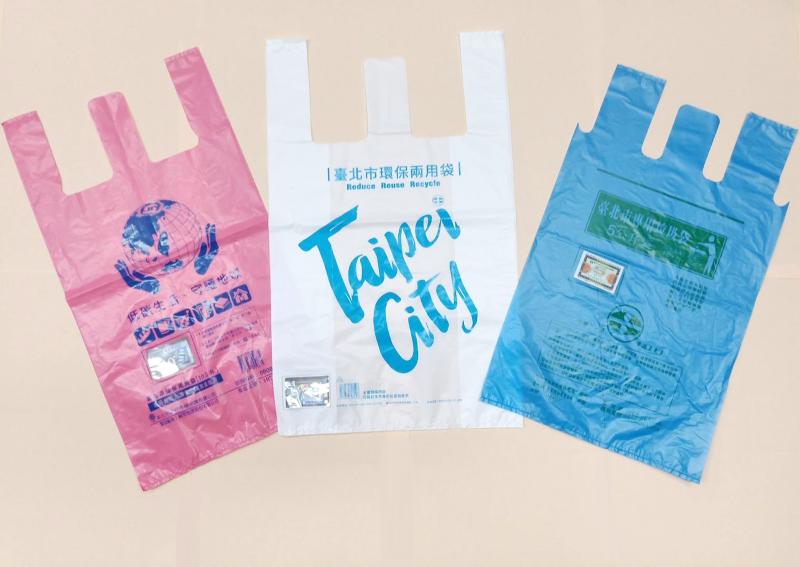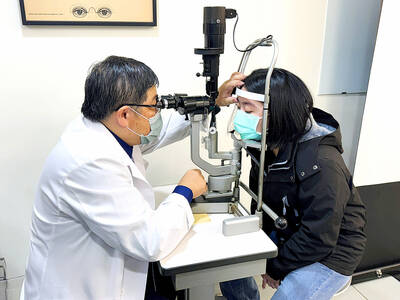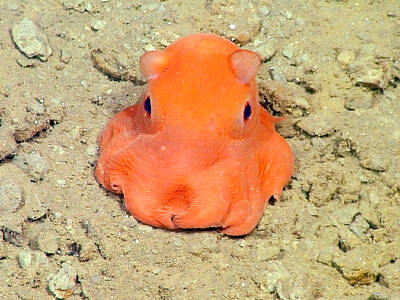A: Some cities and counties require you to use special bags to throw your garbage out in. Taipei and New Taipei City do this, for example. The cost of the bag goes toward the cost of processing the garbage.
B: I know that type of bag. If I go to the supermarket and forget to bring a bag, when I go to pay at the till, the sales clerk tells me that if I want a plastic bag I will need to pay extra, and they give me one of those bags.
A: Yes, the bags are dual use: later on, you can use them to throw out your trash. You don’t have to use them for recycling, though.

Photo courtesy of Taipei City Government Department of Environmental Protection 照片:台北市環保局提供
B: Thank goodness for that. I was wondering how I would be able to stuff cardboard boxes into one of those small bags.
A: 有些縣市丟垃圾要用專門的袋子裝,比如說台北市和新北市,因為買袋子的錢,就包含了垃圾處理費。
B: 我知道這種袋子。我去超市忘了帶購物袋,結帳的時候店員說,如果要塑膠袋的話得要另外付錢,買的就是這種袋子。
A: 對呀,這袋子可以重複利用,最後用來裝垃圾丟掉。不過如果是資源回收,就可以不用這種袋子。
B: 太好了,讓我鬆了一口氣。我還在煩惱說,這些紙箱要怎麼塞進這個小袋子呢!
(Translated by Paul Cooper, Taipei Times/台北時報林俐凱)

Bilingual Story is a fictionalized account. 雙語故事部分內容純屬虛構。 I stand by the Miluo River as dusk falls. The court betrayal is too much. I served Chu with loyalty. I forged alliances and fought corruption. But the whispers of jealous courtiers, the murmurs of treason, spoke louder. The king cast me out. The water looks calm. It promises peace. I step in. The river is cold against my legs. I hear shouts behind me — fishermen calling my name. I keep walking. The calls grow louder, but I do not turn around. The water rises to my chest. It pulls at me. I

In Taiwan, people can use a platform to rent a power washer for a weekend or share unused garage space for someone’s storage needs. These are examples of the sharing economy, a consumption model that has gained widespread adoption worldwide. This approach allows people to rent or share assets like cars, homes or even services, typically through online platforms. This innovative model poses a simple yet powerful question: why purchase infrequently used items when sharing is more practical? By making useful but idle resources accessible, the sharing economy turns them into sustainable opportunities. Internationally, platforms like Airbnb and Uber have popularized

A: Recently, I’ve been seeing mosquitoes flying around in front of my eyes. The doctor said it’s the “flying-mosquito disease.” B: Flying mosquitoes? What a strange name. A: They’re actually called “floaters” in English, meaning floating debris. When fibrous substances in the vitreous body inside the eyeballs increase, floaters can appear in the visual field. B: Oh my goodness. Can you get rid of them? A: According to ophthalmologist Horng Chi-ting’s research, taking the enzymes of certain fruits is likely to help reduce floaters. A: 我最近一直覺得眼前有蚊子飛來飛去,結果醫生說是「飛蚊症」。 B: 飛蚊症?好奇怪的病名。 A: 英文名稱叫「floaters」, 也就是漂浮物的意思。 因為眼球的玻璃體中纖維化物質增多,導致視野出現漂浮物。 B: 天啊!要怎麼把蚊子趕走? A:

Continued from yesterday(延續自昨日) https://www.taipeitimes.com/News/lang Many people may be familiar with flapjack octopuses thanks to Pearl, a charming character from the Pixar film Finding Nemo. However, her portrayal presents several scientific inaccuracies. In reality, flapjack octopuses are deep-sea creatures, which are unsuitable for the brightly lit shallow reef environment depicted in the film. Their primary defense mechanism relies on their reddish coloration, which would be ineffective in the well-lit shallows. Pearl’s famous line, “You guys made me ink,” is another fictional detail that is not consistent with the observed actions of real flapjack octopuses. As common as it is in many other octopus